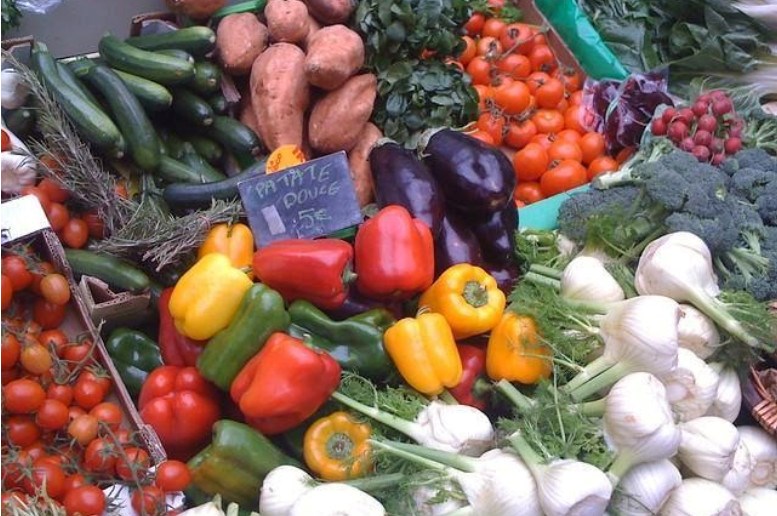Legislation and funding involving multiple government levels will go a long way to promote access to safe, healthy, local food, according to a new policy paper published for the Algoma District.
Bring Food Home Algoma: Policy Paper on Building Resilient Futures was published on May 4.
It stems from the October 2019 Bring Food Home Algoma Summit, a joint initiative of the Rural Agri-Innovation Network (RAIN), the United Way’s Harvest Algoma, Algoma Public Health, the Johnson Farmers Market, and NORDIK Institute.
Though the paper was inspired, at least in part, by changes in January 2019 to the Canada Food Guide, the ongoing COVID-19 pandemic infuses the paper with new significance, according to the partners.
“The crisis has posed a significant challenge to local farmers who are experiencing depressed commodity prices and vulnerable supply chains,” said RAIN manager David Thompson in a news release.
“On the other hand, there has been a surge of interest in local food with transition to online ordering and home delivery of local products.”
The paper highlighted the need for education about food production and processing, meeting food needs related to the region’s existing and emerging cultural diversity, and increasing access to healthy local food.
Cross-sector collaboration, diversifying local food production, and promoting sustainable production methods are all additionally flagged.
To achieve this, the partners have put forward a number of recommendations for policy-makers at the federal, provincial, and local levels.
Municipal governments can create local food strategies and pass bylaws that support small-scale agriculture and animal husbandry, and promote edible planting in public spaces, according to the release.
“Provincial and federal governments can promote greater food security and local production by increasing the place of food and food production in education curricula, and by providing funding to support Northern Ontario’s capacity to process and distribute locally produced foods and more.”




